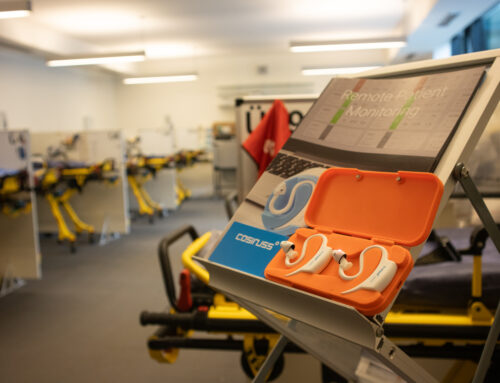Reasons
List of possible causes
Reasons for a faster than “normal” heart rate can be divided into three main categories:
- Physiological reasons
- Pathological reasons
- Environmental influences and external factors
A simple method to evaluate or predict heart rate during a training is to ask yourself these six questions:
- How do I feel today?
- Was/am/will I possibly get sick?
- Am I trained well or did I pause – what is my fitness level? Alternatively, you can measure your resting heart rate variability.
- Am I under a lot of stress recently?
- Did I drink enough?
- What are my hormones level? (mostly relevant for women)
Write down answers to these questions next to a training workload in your training journal and pay attention to it. You will see that if you have a deficit, your body will compensate for this with increased blood and oxygen transport. This leads to an above-average pulse. If you are healthy, trained and well prepared, your pulse will meet your expectations again.
To know what your body can perform also means to be aware of your mental state – the interplay of body and spirit is more important than many athletes realize.
Psychology
Physical and biochemical reasons
- Training schedule and intensity
- Too intense and/or too often trainings can reflect in an increased heart rate. Due to excessive training load the body can get into an overtraining condition and therefore respond with increased heart rate.
- Bodyweight
- An increase in body weight could be a reason for increased heart rate as well. A heavy body has to do more work than a lighter one to perform the same movement. So more blood is needed. Beat frequency needs to be higher.
- Type of movement
- Heart rate is different for different types of movement. For example, the walking heart rate is approximately 8-12 beats higher than when cycling. This is due to the extent of carrying your own body weight and thus the need for using larger muscle masses.
- Food
- The need for increased blood flow in an intestine due to larger meals leads also to an increase in heart rate.
- Stress
- Mental stress leads to higher heart rate in rest and during exercise.
- Pregnancy
- Another reason for increased heart rate in women may be a pregnancy. Due to the hormonal changes and the increased need for oxygen, the heart rate increases.






